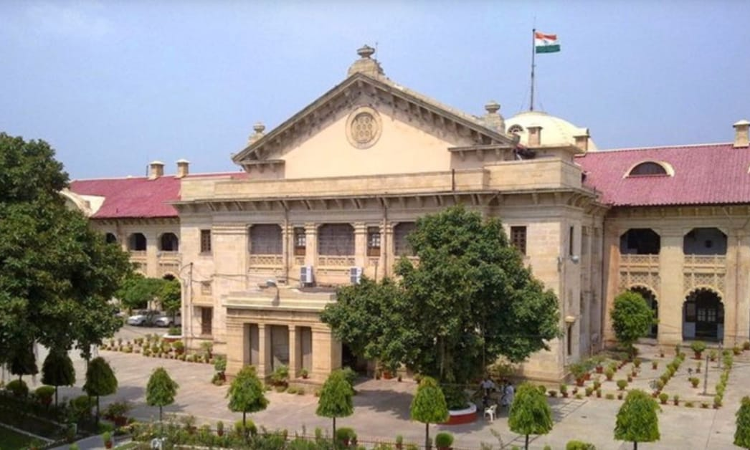The Allahabad High Court last week delivered an important judgement on the applicability of the doctrine of per incuriam and res judicta in regards to an earlier decision of a Division Bench of the Court. A Bench comprising Justice Ramesh Sinha and Justice Jaspreet Singh was adjudicating upon a seniority dispute pertaining to two classes of employees of the Transport department. Background:...

